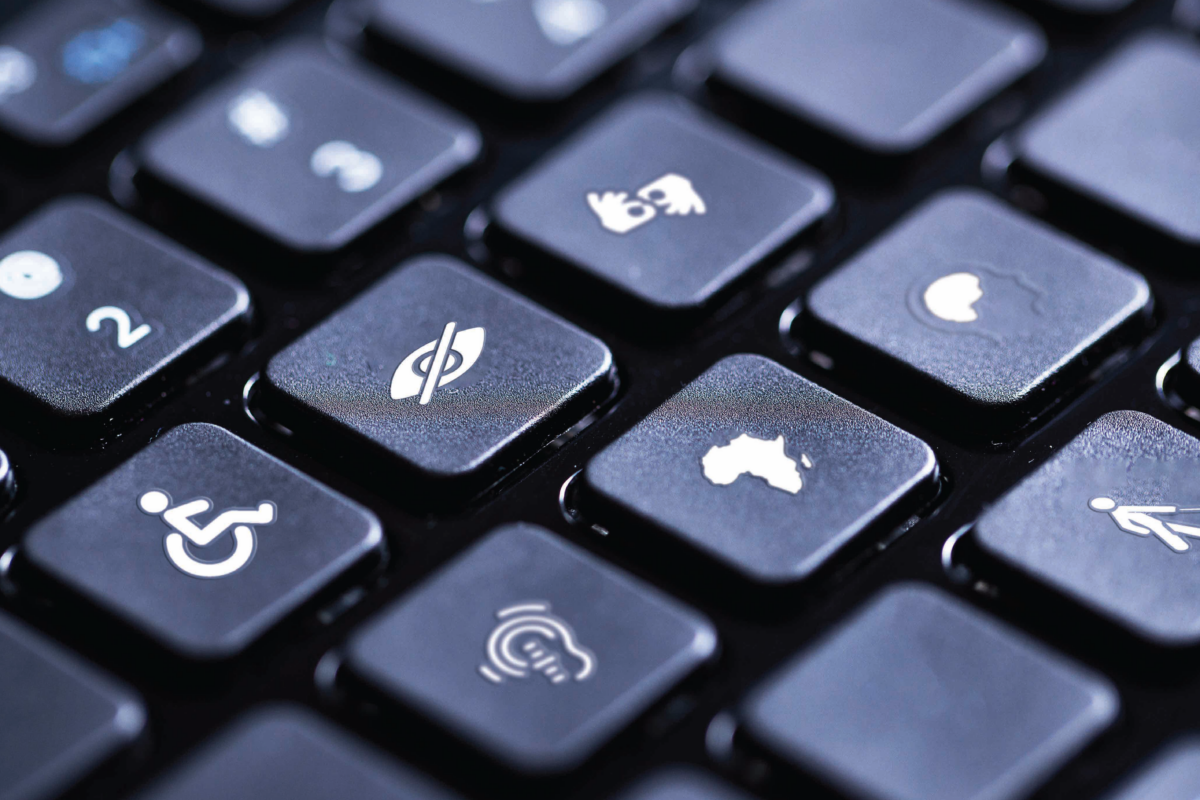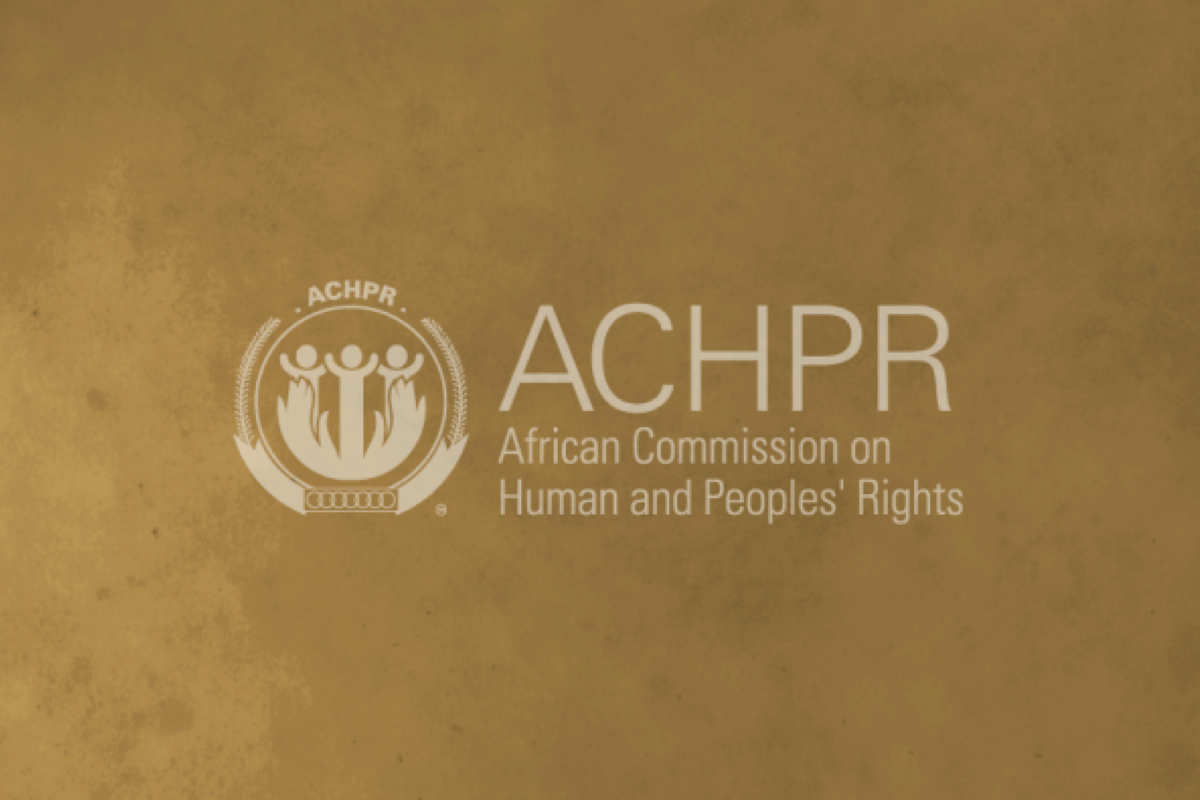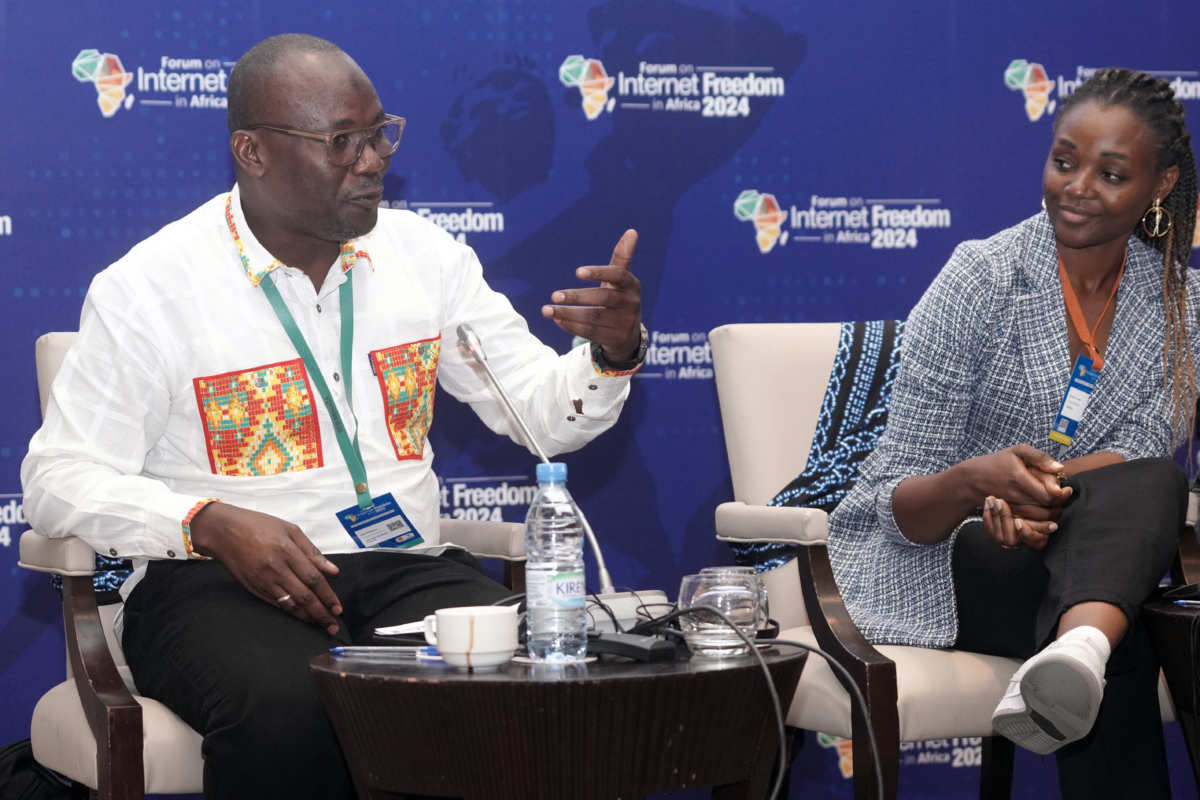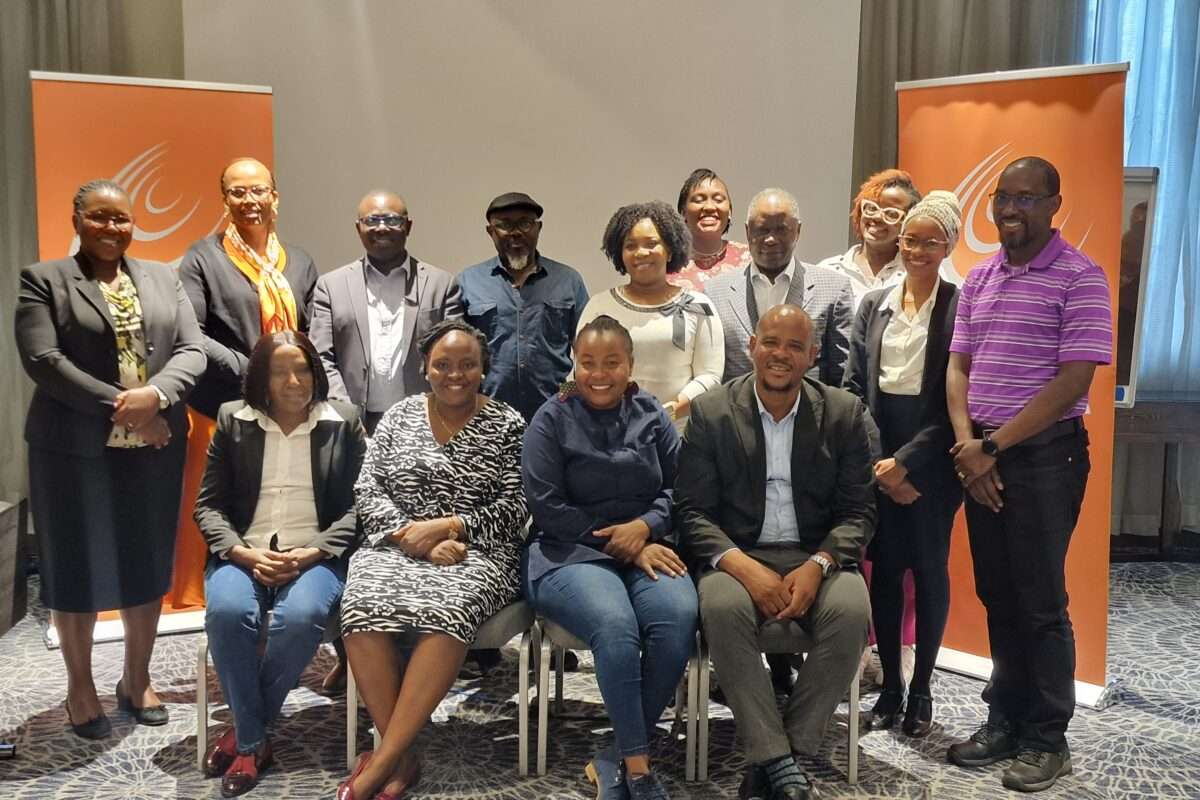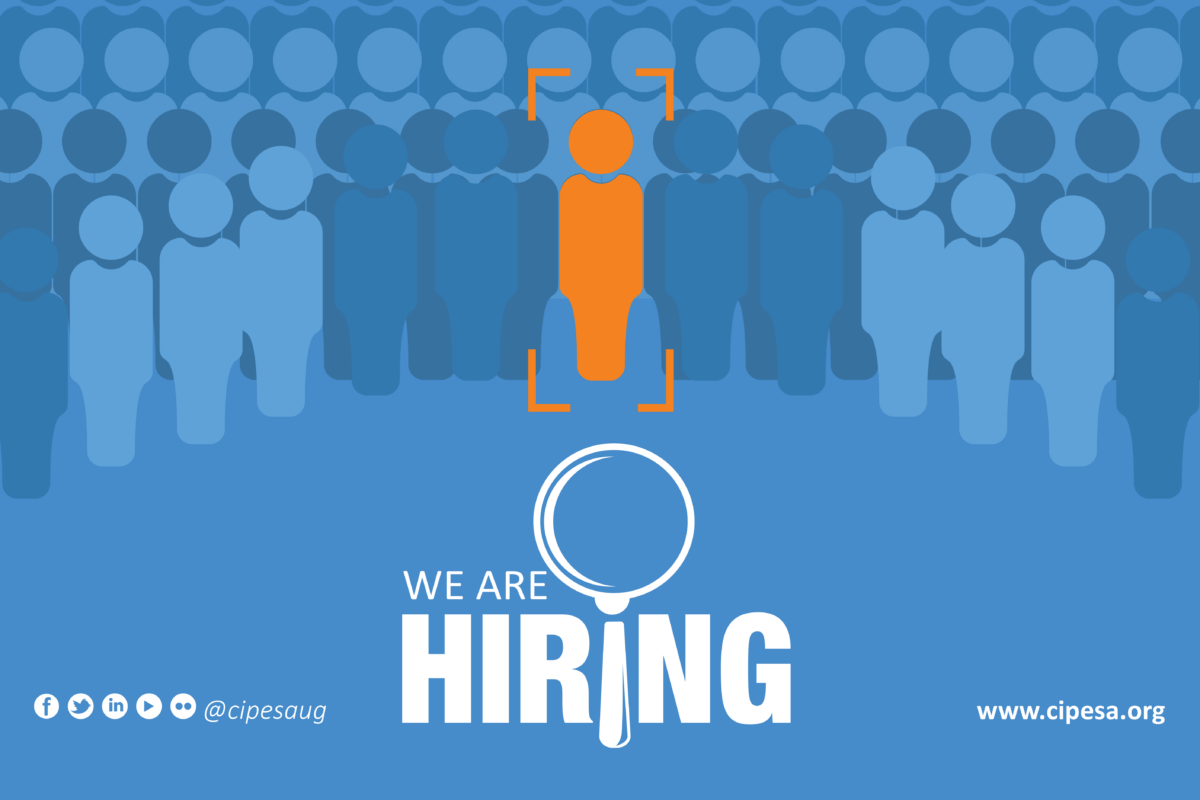By Paul Kimumwe & Michael Aboneka |
On this International Day for Persons with Disabilities, CIPESA reflects on the impact of the African Union (AU) Disability Protocol and its Implication on digital rights for persons with disabilities in Africa and calls upon the African Commission to establish a Special Mandate to enhance the respect for and protection of the rights for persons with disabilities in Africa
Six years after its adoption, the Protocol to the African Charter on Human and Peoples’ Rights on the Rights of Persons with Disabilities in Africa came into force in May 2024 after securing the mandatory 15th ratification by the Republic of Congo. The other 14 African Union member states that have ratified the Protocol are Angola, Burundi, Cameroon, Kenya, Mali, Malawi, Mozambique, Namibia, Nigeria, Niger, Rwanda, South Africa, the Sahrawi Arab Democratic Republic, and Uganda.
For disability rights activists, this was a defining moment as the protocol augments the rights of persons with disabilities to barrier-free access to the physical environment, transportation, information, and other communication technologies and systems. Specifically, under articles 23 and 24 of the protocol, States Parties should take “effective and appropriate measures” to facilitate the full enjoyment by persons with disabilities of the right to freedom of expression and opinion and access to information, including through the use of Information and Communication Technologies (ICT).
The Collaboration on International ICT Policy for East and Southern Africa (CIPESA) has been a longstanding advocate for African governments to urgently ratify the protocol. However, CIPESA has also stated, including in submissions to the Africa Commission on Human and People’s Rights (ACHPR), that ratifying the protocol would be a major but insufficient step in ensuring that persons with disabilities access and use digital technologies and that there is sufficient disaggregated data to inform programme interventions.
Indeed, article 24(2) requires States Parties to put in place policy, legislative, administrative, and other measures to ensure that persons with disabilities enjoy the right to freedom of expression and access to information on an equal basis, including:
- Providing information intended for the general public as well as information required for official interactions with persons with disabilities in accessible formats and technologies appropriate to different kinds of disabilities in a timely manner and without additional cost to persons with disabilities.
- Requiring private entities that provide services to the general public, including through the internet, to provide information and services in accessible and usable formats for persons with disabilities.
- Recognising and promoting the use of sign language.
- Ensuring that persons with visual impairments or with other print disabilities have effective access to published works, including by using information and communication technologies.
The protocol adds to the available digital rights advocacy tools for disability rights actors, including the 2006 United Nations Convention on the Rights of Persons with Disabilities (CRPD), which places significant obligations on States Parties to take appropriate measures to ensure that persons with disabilities have equal and meaningful access to ICT, including the internet.
The CRPD was the first international human rights treaty requiring the accessibility of digital tools as a prerequisite for persons with disabilities to fully enjoy their fundamental rights without discrimination. It highlights the inherent risks of exclusion of persons with disabilities from participating equally in society by defining ICT accessibility as integral to general accessibility rights and on par with access to the physical environment and transportation.
While there has been some progress in the enactment of disability rights-respecting and ICT-enabling laws for persons with disabilities in Africa, implementation is a challenge. Moreover, the Protocol comes into force when the digital divide and exclusion of persons with disabilities has worsened despite the exponential growth and penetration of digital technologies on the continent. Persons with disabilities have consistently remained disproportionately excluded from the digital society due to factors such as low levels of ICT skills, high illiteracy levels, and high cost of assistive technologies such as screen readers, screen magnification software, text readers, and speech input software.
It is against this background that CIPESA adds its voice to other calls to the African Commission to expedite the establishment of a special mandate at the level of Special Rapporteur for Persons with Disabilities. This elevated position will ensure that the rights of persons with disabilities in Africa are mainstreamed and upheld.
CIPESA recognises that as a regional human rights instrument, the protocol empowers disability rights actors to demand the enactment and full implementation of policies and laws that promote the rights of persons with disabilities, including in accessing and using digital technologies.
For example, disability rights actors, including civil society, activists, and Disability Rights Organisations (DPOs), should develop mechanisms to monitor the status of implementation of the protocol, including ensuring that the states parties submit their statutory reports as required by Article 34 of the protocol. The DPOs should also actively participate in developing shadow reports on the status of implementation of the protocol, especially on access to information and participation in public affairs.
In addition, disability rights organisations should work with policymakers and the executive to ensure that more countries ratify the protocol and domesticate it through national policies, laws, and practices. Both the protocol and the CRPD should become a reference point during any discussions of draft laws and policies that affect persons with disabilities.
For the media, it is important that, through their reporting, they hold governments accountable for failure to ratify or to fully implement the provisions of the protocol.
Member countries can also demand for accountability of their peers on the status of implementation of the key provisions of the protocol through the African Peer Review Mechanism (APRM).
Please read more about CIPESA submissions on policy actions governments should take after ratifying the protocol. See also The Disability and ICT Accessibility Framework for Monitoring the Implementation of ICT Accessibility Laws and Policies in Africa.

